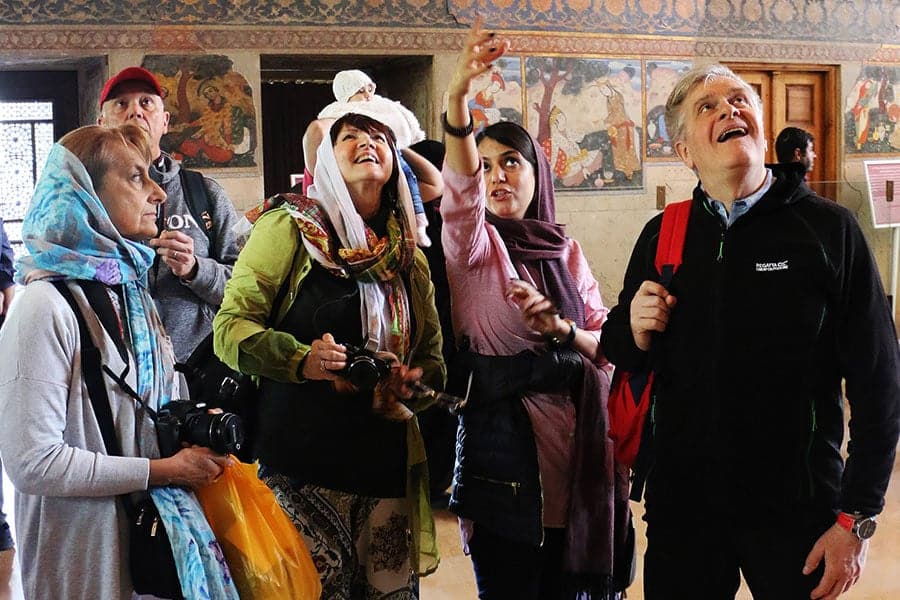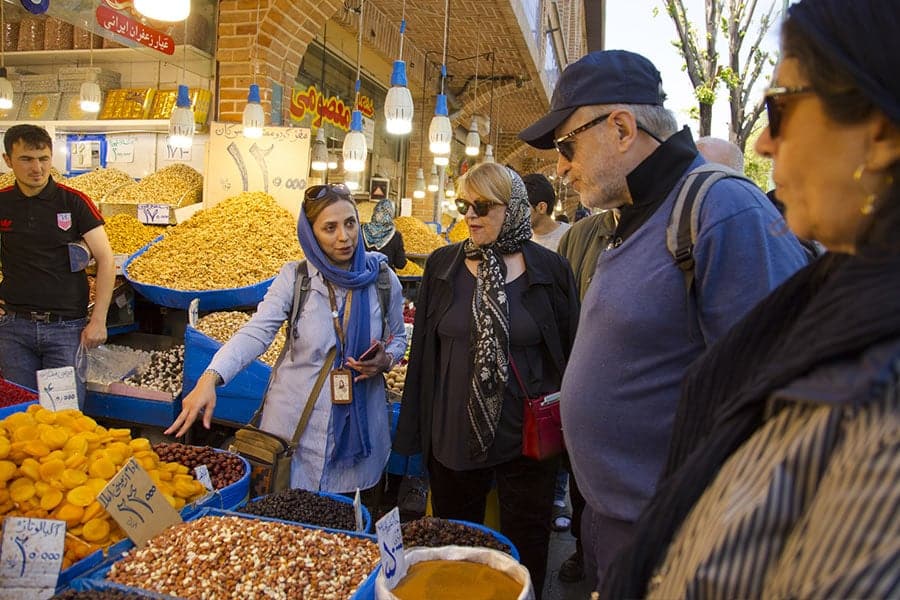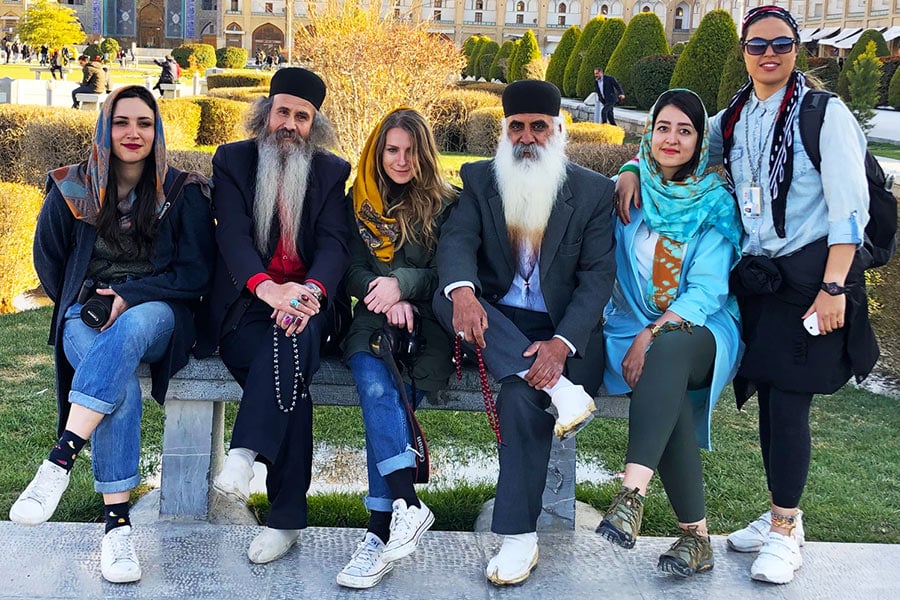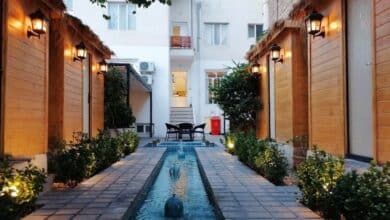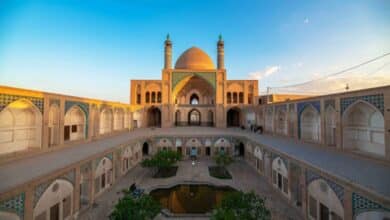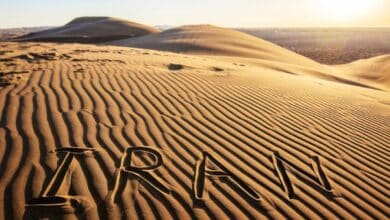Mountaineering Adventures in Iran
Best Destinations for Mountaineering Enthusiasts in Iran

Iran is an underrated destination for mountaineering enthusiasts. The country offers diverse landscapes, ranging from towering snow-capped peaks to rugged, remote ranges. For foreign tourists seeking a combination of adventure and breathtaking natural beauty, Iran delivers spectacular options. In this guide, we will explore the top Mountaineering Adventures in Iran, important tips for mountaineers, and the unique experiences you can expect on this thrilling adventure.
Contents
1. Mount Damavand
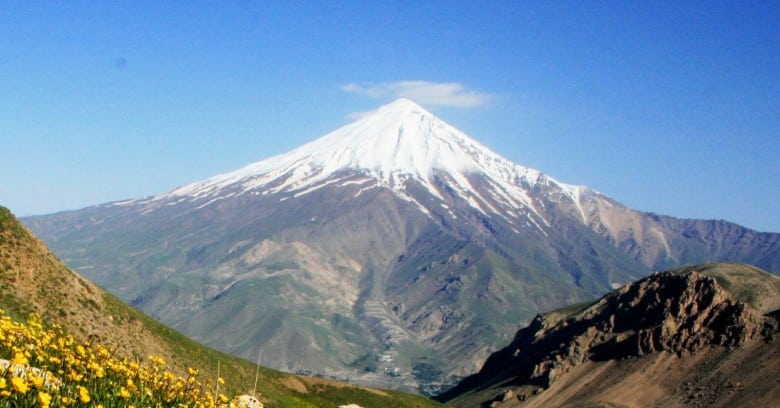
Mount Damavand, the highest peak in Iran and the Middle East, stands at 5,671 meters. This extinct volcano is part of the Alborz Mountain range and offers climbers a thrilling ascent. The best time to climb Damavand is during the summer months (June to September) when the weather is mild, and the snow is less intense.
The southern route is the most popular and accessible trail, making it suitable for those with moderate climbing experience. For those looking for a more challenging experience, there are steeper and less-traveled paths on the northern and western sides.
What to expect:
- Stunning views of the surrounding Alborz range
- Opportunities to observe the local wildlife, including wild goats and eagles
- Soothing natural hot springs at the base, ideal for post-climb relaxation
For more details on flights to Tehran, visit Tehran Flight Guide
2. Zagros Mountains
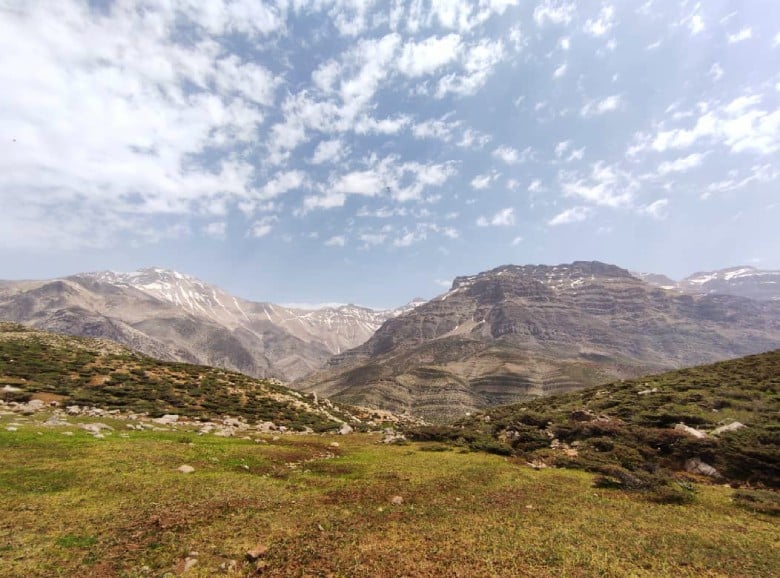
Stretching over 1,500 kilometers, the Zagros Mountain range is Iran’s largest, offering an array of hiking and climbing opportunities. The range features several notable peaks, such as Mount Zard Kuh and Mount Oshtorankuh, which are both above 4,000 meters.
The rugged terrain is a perfect challenge for experienced mountaineers. The best time to visit the Zagros Mountains is from late spring to early autumn when the weather is favorable for trekking and climbing.
Highlights of the Zagros Mountains:
- Beautiful remote valleys and ancient trails
- Unique geological formations and glacial lakes
- Opportunities to explore traditional nomadic communities
3. Sabalan Mountain
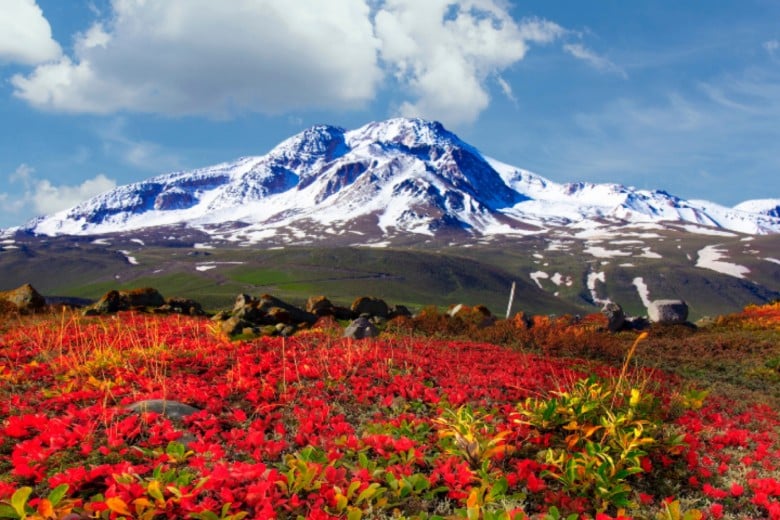
At 4,811 meters, Mount Sabalan in the northwest of Iran is famous for its dormant volcanic cone and the stunning crater lake at its summit. The climb to the summit is moderately challenging, with well-established trails. The climb is ideal for tourists who wish to experience the magic of Iran’s wilderness with fewer crowds.
Mount Sabalan is also known for its hot springs, perfect for relaxing after a day of trekking. The lake at the summit, especially in summer, provides a scenic spot for taking in the breathtaking panoramic views.
Key attractions:
- A picturesque crater lake at the summit
- Less crowded compared to other popular peaks
- Nearby natural hot springs to enjoy after a long climb
Buy Online
Travel Insurance
Essential Tips for Mountaineers in Iran
1. Best Time to Visit
Iran’s mountainous regions offer varying climbing conditions depending on the season. The summer months (June to September) are generally the best time to visit, especially for high-altitude peaks like Damavand and Sabalan. However, for those interested in climbing the Zagros Mountains, spring is an ideal time, when the weather is mild, and the scenery is lush.
2. Permits and Guides
While mountaineering in Iran is relatively accessible, it’s important to understand that certain areas, particularly around Damavand, may require permits. Hiring a local guide is highly recommended, as they not only assist with logistics but also provide insights into the local culture and geography.
Learn more about tours and flights to Iran’s mountaineering regions at Iran Tours and Flights
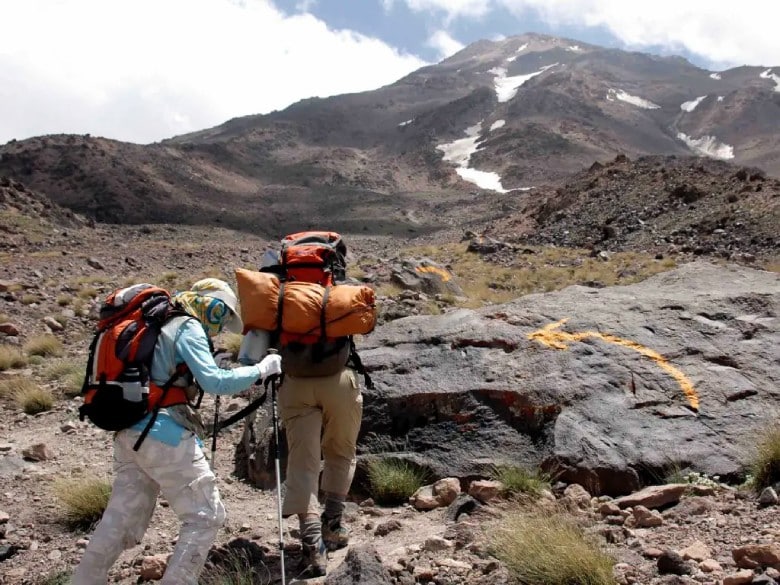
3. Gear and Preparation
It’s essential to pack properly for mountaineering in Iran. Depending on the peak and season, necessary equipment includes:
- High-quality hiking boots
- Warm layers (even in summer, temperatures at high altitudes can drop significantly)
- Climbing poles for stability on steep ascents
- A sleeping bag and portable tent for multi-day treks
Many local shops in Tehran, Mashhad, and other cities offer rental equipment if you prefer to travel light.
4. Cultural Considerations
Iran is a culturally rich country, and foreign visitors should be mindful of local customs. While mountaineering often takes you to remote regions, it’s important to dress modestly, especially when passing through villages or small towns. Also, be respectful of the natural environment, particularly in protected areas.
Why Mountaineering in Iran?
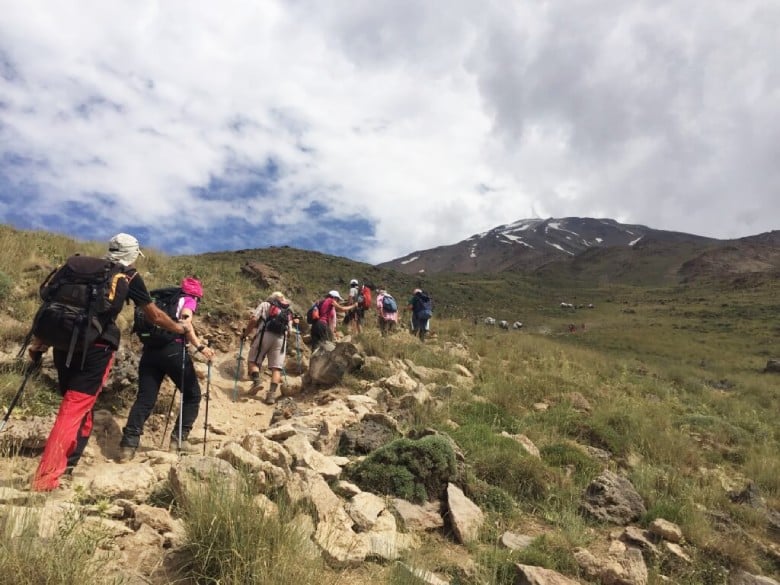
Mountaineering in Iran offers an unparalleled combination of rugged adventure, natural beauty, and cultural immersion. The mountains of Iran are steeped in history, with many ancient trails used by nomadic tribes and traders over the centuries. As a climber, you not only challenge yourself physically but also get to experience the living history of the region.
Moreover, Iran’s mountains offer a level of serenity and remoteness rarely found in more popular trekking destinations. Whether you are ascending the volcanic slopes of Damavand or exploring the valleys of the Zagros, you’ll find yourself immersed in nature, far from the hustle and bustle of modern life.
IRAN GROUP TOURS
Join our Iran tours, connecting you with like-minded travelers and streamlining the organization process.
Conclusion
Iran’s diverse landscapes and towering peaks make it a premier destination for mountaineers. Whether you are an experienced climber or a beginner looking for an exciting adventure, Iran’s mountains offer a unique experience unlike any other. With peaks like Damavand, Sabalan, and the Zagros range, there is something for every level of mountaineer.
For your next adventure, consider Iran as your destination for world-class mountaineering. Explore the breathtaking landscapes, experience the local culture, and conquer some of the Middle East’s most impressive peaks.
